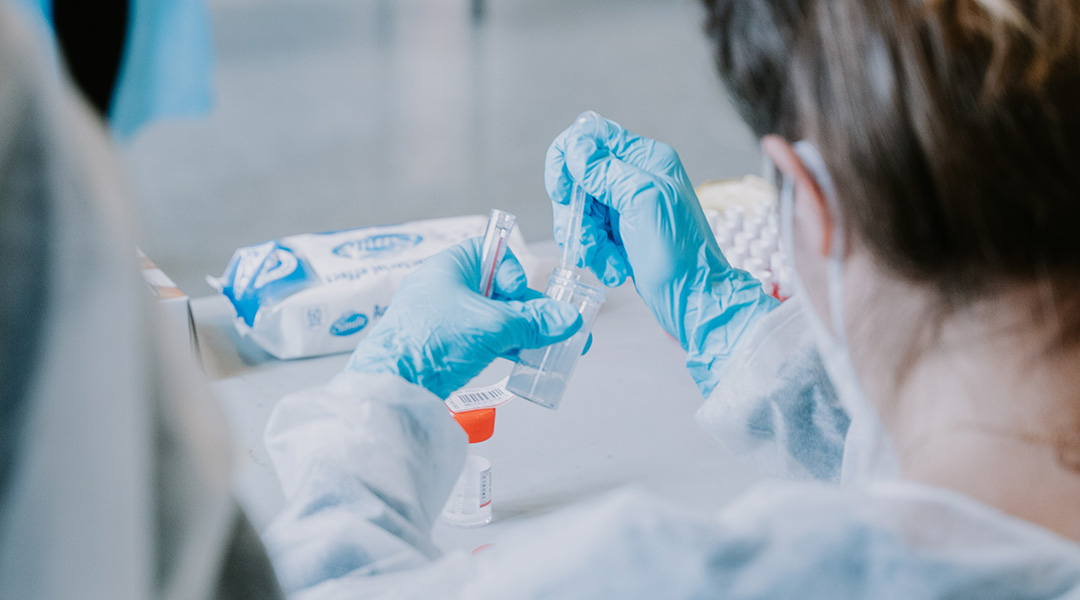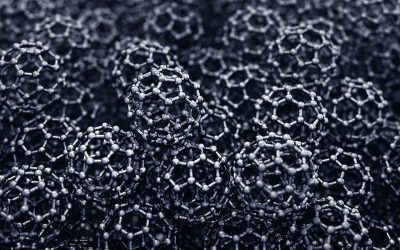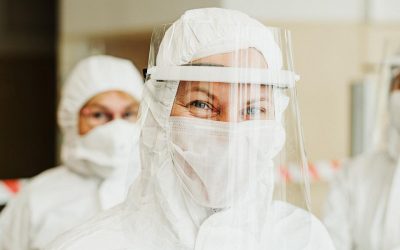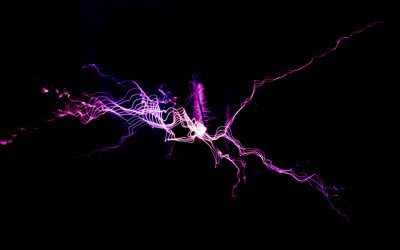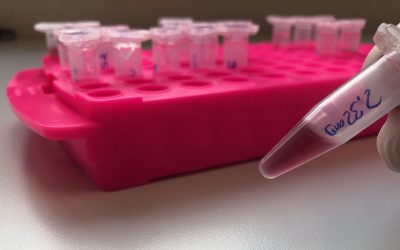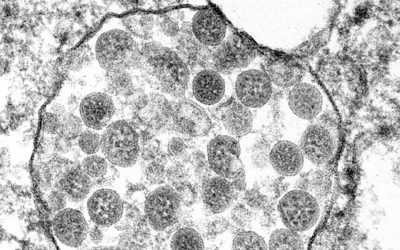Image credit: Mat Napo on Unsplash
As fears continue to circulate around the possibility that mutations in the SARS-CoV-2 variant Omicron (B.1.1.529) will allow the virus to circumvent vaccine protection, scientists have published preliminary findings indicating that boosters may help maintain immunity.
Omicron was first identified by researchers in South Africa and was classified as a “variant of concern” by the WHO at the end of November owing to the high degree of mutations that may have an impact on transmissibility and severity of infection. For comparison, Delta has nine mutations in its spike protein whereas Omicron contains over 30. Understandably, this has raised alarm bells the world over.
Results from a small study, which has not yet been peer reviewed, published yesterday by Pfizer and BioNtech reported that blood serum collected from participants who had received two doses of the COVID-19 vaccine exhibited a 25-fold decrease in neutralizing antibody levels against Omicron versus the original SARS-CoV-2 virus.
But there is good news. The study found that T cell levels (CD8+) — immune cells that are programmed to target and destroy infected cells — were not significantly affected. Compared to antibodies, T cells are longer-lived and though they do not prevent infection, they are important players in bringing an infection cycle to an early end by clearing out virus-containing cells.
These results indicate that although initial protection from a double dose regimen is reduced in light of Omicron, the persistent T cell levels indicates that protection from severe illness and death are maintained with two doses.
The researchers have also highlighted that a third vaccine dose brought antibody levels back to comparable levels that have been associated with high levels of protection. “Although two doses of the vaccine may still offer protection against severe disease caused by the Omicron strain, it’s clear from these preliminary data that protection is improved with a third dose of our vaccine,” said Albert Bourla, Chairman and CEO of Pfizer, in a statement. “Ensuring as many people as possible are fully vaccinated with the first two dose series and a booster remains the best course of action to prevent the spread of COVID-19.”
These findings are consistent with data released by Alex Sigal, a virologist at the Africa Health Research Institute in Durban, South Africa and Max Plank Institute for Infection Biology in Berlin — though these results have also not yet been peer reviewed.
On Twitter, Sigal said that there was large drop in neutralization against the Omicron variant relative to an earlier strain of the virus in individuals with two doses of the vaccine. But interestingly, there was only a small decline in those who had been double vaccinated and who had also recovered from infection. This coincides with several studies that have found that people who recover from infection and are later vaccinated develop a strong immunity against a wide range of variants — possibly because their immune systems have been exposed to more viral antigens.
There is also room for hope, Sigal says, as “the fact that [SARS-CoV-2] still needs the ACE2 receptor and that escape is incomplete means it’s a tractable problem with the tools we [have].”
Presumably, this implies that a third dose (or booster) would bump the antibody levels of twice vaccinated individuals up to acceptable protective levels.
While these results are preliminary, researchers say they will continue to collect more laboratory data and evaluate real-world effectiveness to continue assessing protection against Omicron.
While no data has been released with regards to protection conferred by the Moderna and J&J vaccines, studies are underway with drugs makers, including Pfizer, Moderna, and J&J all indicating that Omicron-specific vaccines may already be in the works. However, producing and shipping the new vaccines could take months.
At present, some experts indicate that getting “boosted” is the best course of action.

